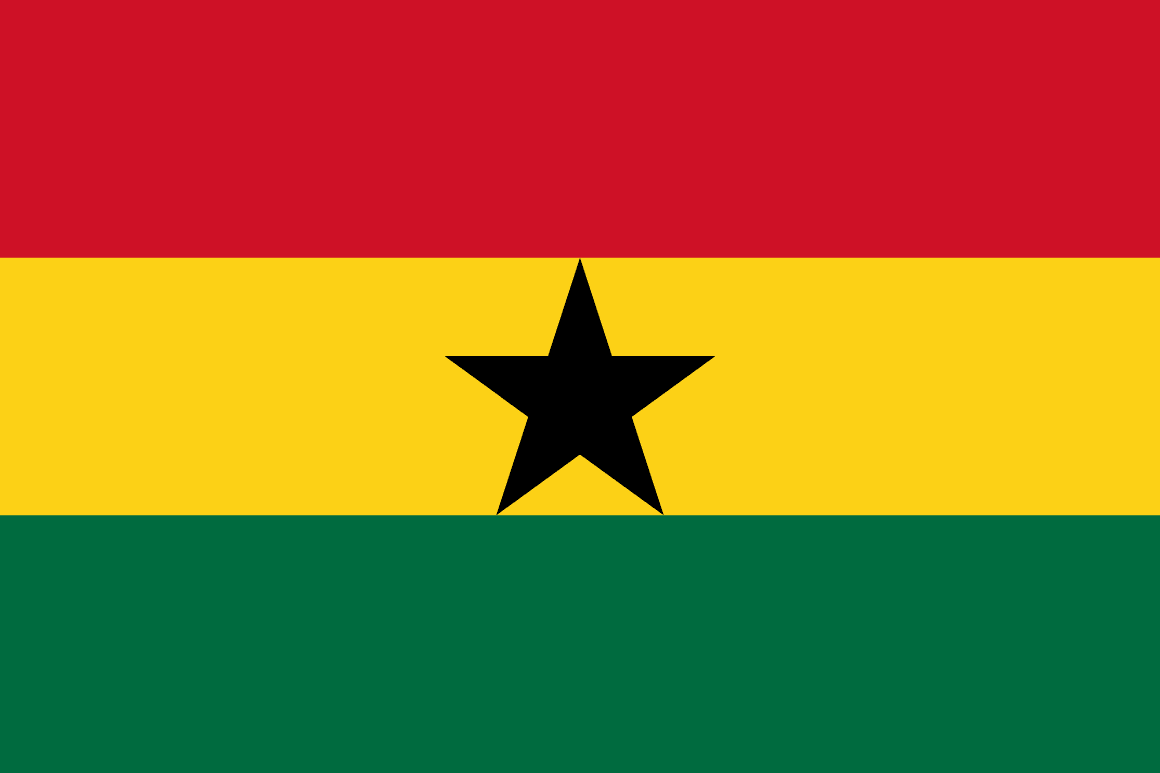
According to the BFT Online, Ghana Rubber Estates Limited (GREL) suffered a loss of approximately €100,000 in July 2023 due to the destruction of over 19,000 rubber trees on 40 hectares at Gyabengkrom in the Ahanta West Municipality. These trees, planted a year prior to the incident on state land, were meant to replace old ones. However, large-scale damages were discovered during routine checks by the Plantation Development Manager. During the incident, security was present but unable to cover the entire large plantation. A similar incident in 2022 saw 20,000 hectares destroyed without identifying the perpetrators. GREL's Corporate Affairs Manager, Perry Acheampong, stressed the economic impact and called for the prosecution of those responsible. In addition, the Association of Chiefs on Whose Land GREL Operates (ACLANGO) condemned the vandalism, labelling the acts as barbaric and criminal. Their statement highlighted a troubling trend of illegal land takeovers under the guise of community expansion and "galamsey" (illegal mining). They called for immediate and thorough action by the Ghana Police Service to investigate, arrest, and prosecute the culprits, regardless of their status, to protect investor confidence and maintain peaceful co-existence between GREL and local communities.

The Cadbury brand, owned by Mondel_z International, is facing allegations of child labour on cocoa farms in Ghana. In April 2022, a Channel 4 Dispatches documentary revealed that children as young as 10 were using machetes to harvest cocoa pods, with some working long hours and not attending school. This comes despite the chocolate industry's 20-year-old pledge to eliminate child labour. In the documentary, children can be seen performing hazardous tasks without protective gear. One girl reported a severe injury from using a machete. However, Ghanaian law prohibits children under 13 from working on cocoa farms and bans hazardous labour for anyone under 18. Despite this, such issues are not contained to Mondel_z farms, with a 2020 study finding that 1.56 million children are involved in cocoa farming in Ghana and Côte d'Ivoire. Behind this child labour is cocoa farmers' poverty, with farmers earning too little to hire adult workers.

A dramatic increase of illegal mining taking over cocoa production farms in Ghana has led to a shortage of cocoa beans, going as far as creating the near shutdown of processing plants throughout the nation. Although the cocoa bean shortage is also a result of climate change and the saturation of available farming land, the increased pressure on cocoa farmers to sell or lease their lands to illegal miners has further threatened the supply of cocoa. This process is locally known as galamsey. Investors will claim underlying gold deposits, influencing farmers to sell or lease their lands in exchange for financial compensation. Miners will then promptly exploit the area, making it impossible to reverse the damage caused. The galamsey operations are largely unregulated and illegal. They involve sophisticated equipment and harmful chemicals which pose severe environmental and health related risks. Once these mining activities have been completed, these methods make the quality of the land unsuitable for cocoa cultivation. Ghana, historically known for both cocoa and gold, has recently struggled with balancing both economic interests, and the need to preserve environmental and safety concerns in the face of small-scale mining.
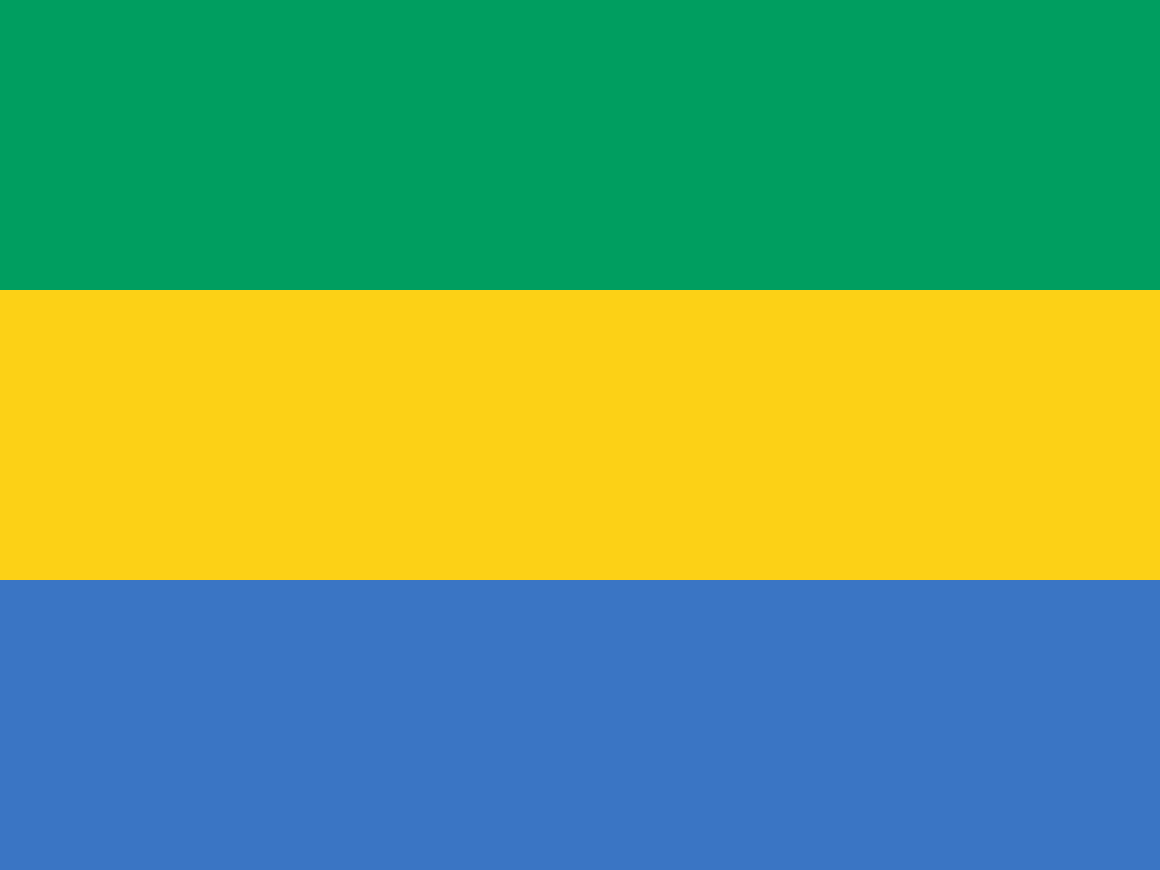
In Gabon, the temporary suspension of a timber traceability monitoring system in 2023 raised suspicions of corruption within the Ministry of Water and Forests. Gabon has 88% forest cover, making forestry a major economic sector and a key area of interest for foreign companies. Timber originating from the country's Nkok Special Investment Zone (SIZ), set up to promote local wood processing, must meet EU sustainability certifications. To ensure this, the TraCer monitoring system traces the origin of harvested wood and the methods used in extracting wood from this zone. Yet, in March 2023, the system was briefly suspended for a month due to administrative issues. This suspension raised concerns in regard to corruption within Gabon's Ministry of Water and Forests. Government inconsistencies concerning the verification of traceability and legality of timber entering the Nkok SIZ have notably been uncovered. In addition, allegations suggest that officials from the Ministry of Water and Forests were complicit in illicit timber operations when suspending the TraCer. The "Kevazingogate" scandal, which involved extensive trafficking of kevazingo, a protected wood species, despite a ban on its export, also exacerbated these suspicions. Officials from both the customs office and the Ministry of Water and Forests were implicated, highlighting systemic issues within Gabon's forestry sector.

According to Mongabay, Olam, a Singapore-based agribusiness giant and FSC-certified palm oil producer, has allegedly deforested over 25,000 hectares of wildlife-rich rainforest in Gabon to develop palm oil plantations. Mighty Earth first filed a complaint against Olam in 2016 after publishing a report in December that year, alleging that Olam cleared nearly 40,000 hectares of rainforest. Olam denies these claims, arguing the cleared areas were highly logged and degraded secondary forest, not high carbon stock (HCS) forests as claimed by Mighty Earth. Olam's group head of external affairs, Steve Fairbairn, stated that areas of high conservation value (HCV) were left untouched and are now strictly protected. He mentioned that about 50% of the most severely impacted and low-value regrowth areas were available for plantation development. Additional reports, such as one by the World Rainforest Movement, accused Olam of neglecting local community rights and making insincere deforestation commitments. It is suggested that Mighty Earth was motivated by the commercial timber value in the cleared areas, with timber revenues being invested in community-managed social funds.

An article by Mongabay details the case of illegal timber seizure in Antwerp. On July 8, 2019, Belgian authorities blocked a shipment of tropical timber from Gabon after a tip-off by Greenpeace. The timber, which was being exported by Wan Chuan Timber SARL (WCTS), a Chinese logging company operating in Gabon, has been exposed and fined for a series of grave offenses. The company receiving the shipment, Antwerp-based Compagnie de Bois Anvers, is now under investigation for a possible breach of the European Union Timber Regulation (EUTR). The shipment came from Gabon, a country with 85 percent coverage of incredibly biodiverse rainforest, and whose forestry sector is inextricably linked to high level corruption. WCTS's business model was alleged to involve structural over-harvesting, tax evasion, money laundering, and corruption. The company was extracting between two and three times its legal quota and was already cutting down forest in areas it was not supposed to have reached until 2030.
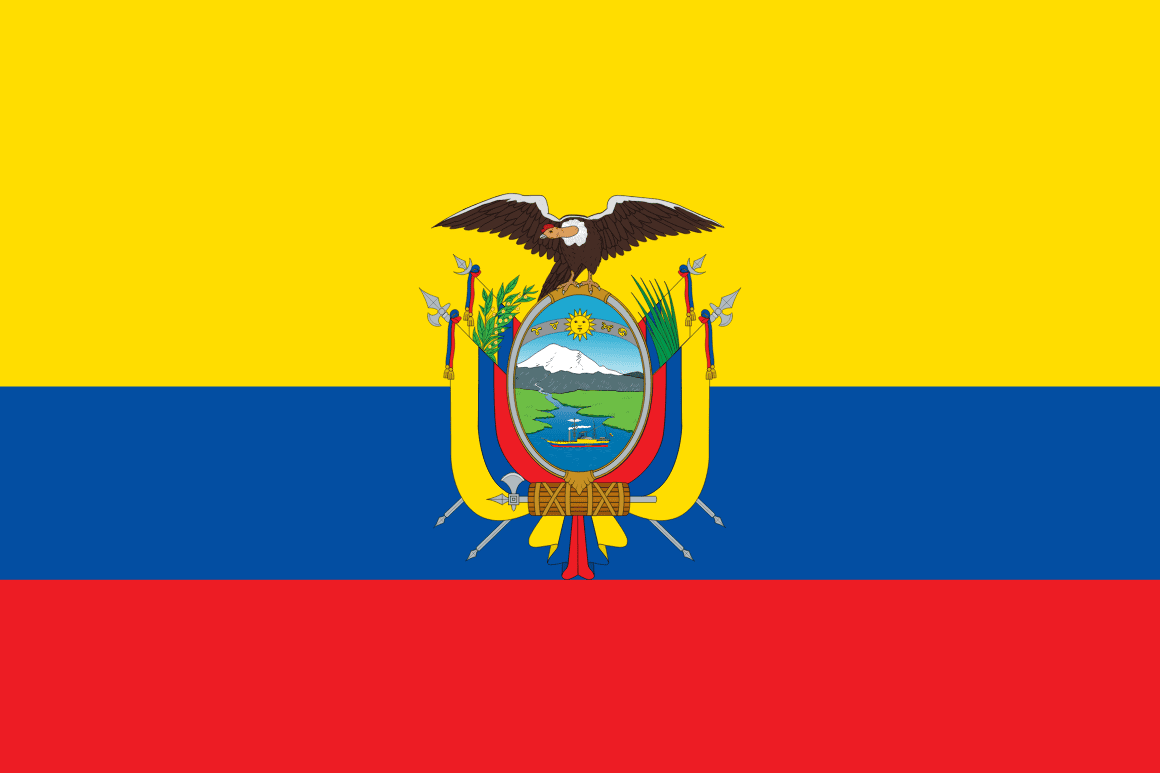
Loggers in Ecuador have reportedly invaded protected reserves to harvest balsa, particularly the territory of the Indigenous Waorani community, located in Ecuador's eastern Amazon region. Mafias dedicated to trafficking balsa have been operating at Ecuador's borders with Peru and Colombia. Since 2019, the demand for balsa has surged, driven by the global shift towards clean energy and the increasing production of wind turbines. Consequently, illegally harvested balsa from Ecuador's border regions has found its way to international markets, including wind farms in China and the United States. The timber is initially transported via river or road to Peru, where it is either mixed with legal shipments or processed through sawmills to conceal its illicit origin, allowing the wood to be legally exported.
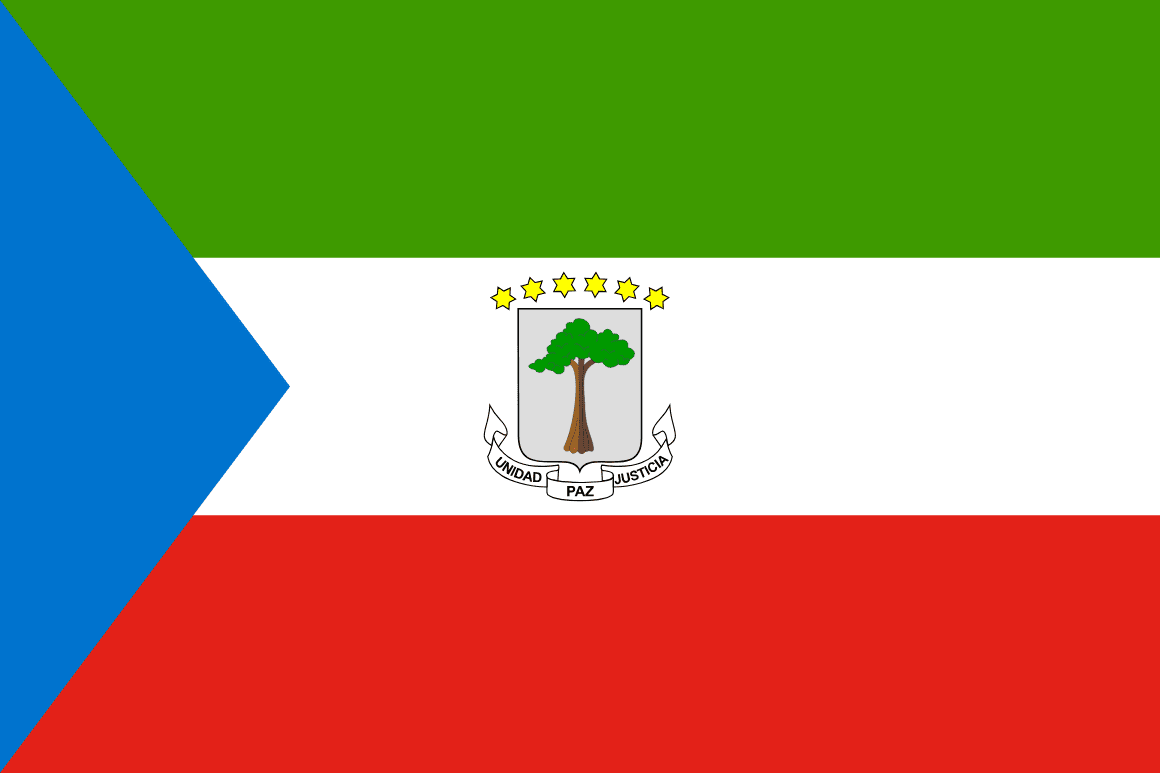
In 2022, the Swiss mining giant Glencore International was found responsible for sending cash bribes and corrupt payments to Equatorial Guinea, amongst other African countries such as Cameroon, Ivory Coast and Nigeria. Prosecution against Glencore International was a coordinated effort across several civil authorities in the U.K., U.S. and Brazil. The U.K.'s Serious Fraud Office (SFO) opened its investigation into Glencore's activities in Equatorial Guinea in 2019, and uncovered a trail of text messages, large cash withdrawals and deliberately concealed payments. Glencore paid bribes worth a total of US$29m in order to secure access to oil. It was also exposed that the company used high-profile agents to funnel bribes into state-owned oil companies and government ministries, often disguising bribes as unspecified 'service fees' or 'success fees' in reports. In addition, Glencore and some of its employees were convicted by the U.S's Commodity Futures Trading Commission (CFTC) for manipulating benchmark price assessments for fuel oil products between January 2011 and August 2019. This manipulation was aimed at artificially inflating or deflating prices to benefit Glencore's physical contracts and derivative positions.

The high demand for gold, which has not dropped below $1,500 per troy ounce since the onset of the Covid pandemic, has led to an increase in illegal gold mining and gold exports in Ecuador. This activity is facilitated by factors such as high levels of informality and poverty, the presence of mineral deposits in remote areas, and the existence of illegal mining networks in neighbouring Colombia and Peru. In the absence of state enforcement, the Indigenous A'i Cofán people of Sinangoe, Ecuador, have mobilised against this illegal gold mining. The group patrols a territory of 243 square miles, stretching from the Andean foothills down into the Amazon rainforest. They are on the lookout for alluvial gold miners who invade their land with heavy machinery and tear up the banks of their sacred river, the Aguarico. Last year, Ecuador's highest court suspended 52 formal mining concessions on their land, which borders the Cayambe-Coca national park. However, illegal gold mining has grown significantly in Ecuador's Amazon. As of February 2023, it had devoured 1,660 hectares of forest. In January, Ecuador's president, Guillermo Lasso, declared the activity to be a threat to national security. At the same time, the formal sector has grown, with the country's mining exports growing 34% between January and November 2022 to $2.52 billion.

Los Lobos, a narco-trafficking gang affiliated with Mexico's notorious Jalisco New Generation cartel, has infiltrated illegal gold mining in Ecuador. Their activities have reached remote areas, including Podocarpus National Park, where they extort miners and dominate almost all stages of the gold supply chain. Each miner is forced to pay an extortion fee of up to $1,000 every month to the gang, leading to violent clashes in instances of non-compliance, with several local officials opposed to illegal mining being attacked or even murdered. As criminal organisations in the region who have traditionally focused on drug trafficking expand into other criminal activities, the rising value of gold on international markets and the ease of laundering profits from the cocaine trade have made gold mining increasingly attractive to them.



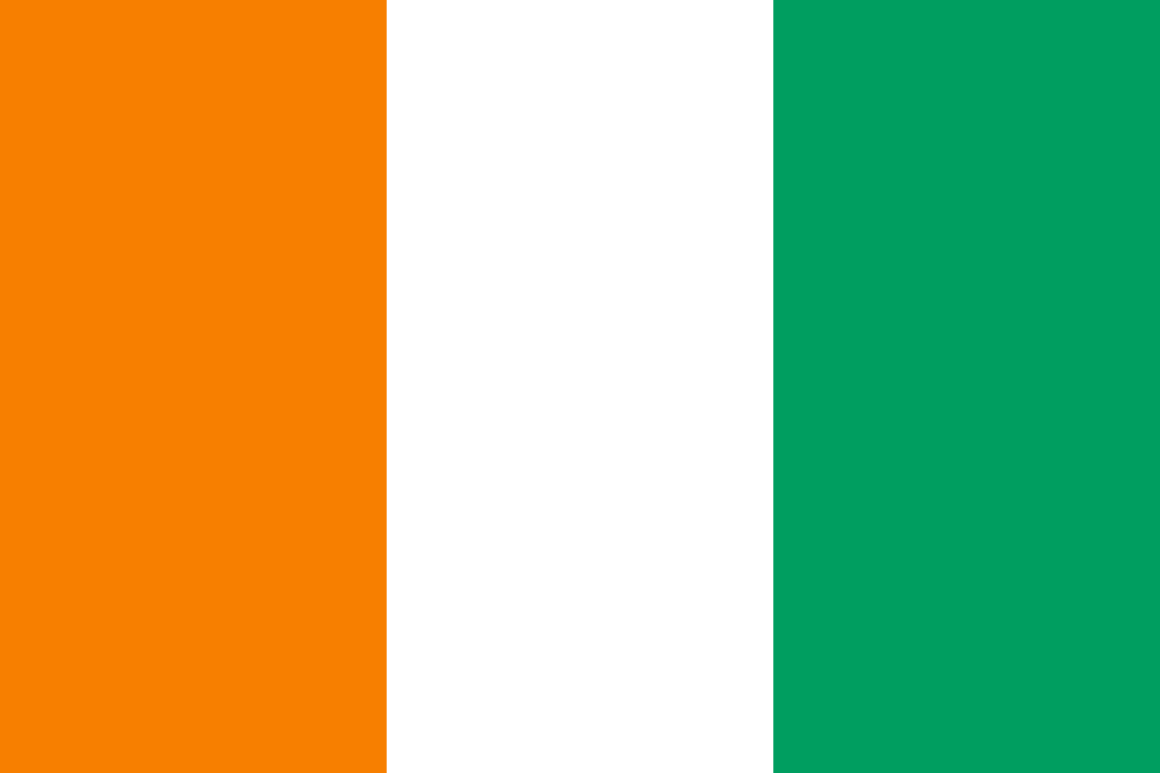
The Verité report on coffee in Africa examines the challenges and issues within the coffee supply chain, focusing on labour rights and social responsibility. It highlights widespread issues such as child labour, forced labour, and poor working conditions among coffee workers across several African countries. These problems are exacerbated by factors like poverty, lack of education, and inadequate labour protections. The report identifies key areas for improvement, including enhancing transparency and accountability throughout the supply chain, strengthening labor laws and enforcement mechanisms, and promoting responsible sourcing practices among coffee buyers and exporters. Verité calls for concerted efforts to address systemic issues in the coffee sector, ensuring that economic growth benefits all stakeholders fairly and sustainably.

A Global Witness investigation in 2019 found that ten European companies had sourced over $2.26 million of wood from a company engaged in illegal logging in the Democratic Republic of the Congo (DRC). Illegal logging in the DRC is one of the main deforestation threats in the country, which has the world's second largest tropical rainforest. In one case, Global Witness accused IFCDO, a timber trading company, of harvesting timber outside of its approved annual harvest area. The same company also allegedly failed to pay taxes and violated local labour laws. The investigation found that much of the illegally sourced timber was placed on Vietnamese and Chinese markets, which have fewer checks in place to prevent the import of illegal timber.

_A report by Congo in Conversation explains how the production of the charcoal, or "makala", in Congo's North Kivu Province, contributes to an illegal trade. This trade has a significant environmental impact on Virunga National Park. The national park, a UNESCO World Heritage site, suffers from deforestation as a consequence of these activities, since over half the charcoal consumed in nearby Goma is illegally sourced from the park. In addition, the charcoal trade supports criminal networks and contributes to ongoing violence, including clashes between park rangers and armed groups, leading to numerous fatalities. Generating around $35 million annually, the charcoal trade is controlled by armed groups like the Democratic Forces for the Liberation of Rwanda (FDLR), which only exacerbates environmental destruction and local conflicts. The FDLR exploits natural resources, including charcoal, to fund its activities, imposing taxes on loggers and charcoal burners. Despite government acknowledgment of the issue, little action has been taken due to corruption and complicity among officials.

In 2021, the Democratic Republic of Congo's (DRC) Tshopo province lost 12,000 hectares of intact forests to fires, a record-breaking loss linked to the expanding cultivation of cacao by recent migrants from neighbouring North Kivu province. This influx of people is caused by mass displacement of people from the South and North Kivu provinces in 2019 and 2020, which is, as a result, fuelling greater demand for food crops and an increase in cash crop production, especially cacao. Some newcomers are financially well-off and able to purchase land from local chiefs to establish plantations, replacing forested areas. This has sparked tensions within local communities as land is considered communal property in many parts of Tshopo. Cacao production, a well-documented driver of deforestation in West Africa, is now impacting the DRC. Efforts are being made to improve cultivators' incomes to tackle child labour and prevent further deforestation. However, the specific dynamics in the DRC present unique challenges that need to be addressed.

The United States (US) sanctioned international mining magnate Dan Gertler for amassing a billion-dollar fortune through opaque and corrupt mining deals in the Democratic Republic of the Congo (DRC). In 2017, Gertler was sanctioned for allegedly using his close friendship with then President Joseph Kabila to act as an intermediary for mining asset sales in the DRC, which created a system where multinational companies had to go through Gertler to do business with the Congolese state. According to the US, the DRC reportedly lost over $1 billion in just two years due to Gertler's corrupt deals. Despite being sanctioned by the US, Gertler was able to continue operating in the DRC's mining sector through an international money laundering network that spanned from the DRC to Europe and Israel. In one instance, Gertler acquired new mining permits through proxy companies in the lead up to the 2018 Congelese elections. Moreover, as of 2022, Gertler was still reportedly earning millions of dollars from copper-cobalt mining interests in the DRC despite US sanctions.

Ivory Coast's market regulator, under the leadership of Yves Brahima Kone, is planning to introduce measures to curb fraud related to fair-trade certified cocoa contracts. The Coffee and Cocoa Council (CCC) suspended sales of fair-trade certified contracts after recording an exponential increase in certified cocoa. Buyers and co-operatives have been using this program to push multinational companies into overpaying. To combat fraudulent contracts, the regulator is considering limiting the number of cocoa buyers to 30 from over a thousand. Next year, Ivory Coast will introduce a new certification and traceability system to align with European regulations on the import of commodities linked to deforestation.

The Institute of Security Studies reports that extremist groups are involved in illegal artisanal gold mining in Côte d'Ivoire. Gold mining activities are concentrated in areas like Bagoué, Bounkani, and Tchologo in the north of the country, as well as in protected areas like the Comoé National Park. Extremist groups typically use intermediaries to interact with local miners, using subsequent earnings to finance their operations. They provide financial support and operational equipment to the miners in exchange for a share of the gold produced or at reduced prices. The presence of extremists has created a climate of fear among local miners, with many miners experiencing encounters with armed groups who demand gold. This presence has led to a decrease in mining activities, as miners are afraid to operate in areas controlled by extremists. The report also gives the example where a miner from Burkina Faso described how he was approached by jihadists who offered financial support and a secure market for his gold. The miner eventually fled to Côte d'Ivoire due to the risks involved . Overall, the extremist groups' involvement in gold mining has both economic and social repercussions, disrupting local economies and contributing to insecurity.

In May 2013, InSight Crime reported that Colombian authorities seized 11 tons of contraband meat in Cucuta, near the Venezuelan border. These contraband goods were linked to money laundering operations by guerrilla and drug trafficking groups. The contraband meat, originating from Venezuela, was packed in a truck and discovered in Cucuta, Norte de Santander, Colombia. The meat was estimated to come from about 600 cows. Authorities believe these groups use the meat trade to launder drug money and generate revenues to purchase coca, a key ingredient in cocaine production. The process involves buying meat in Venezuela at black market prices and selling it in Colombia, taking advantage of the significant difference between the official and black market exchange rates of the Venezuelan bolivar. By purchasing meat cheaply on the black market in Venezuela and selling it at higher prices in Colombia, the groups maximise their profits. The FARC along with neo-paramilitary groups like the Urabeos and Rastrojos, are implicated. These groups are heavily involved in drug trafficking and use various methods, including contraband trade, to launder their illicit earnings.

Côte d'Ivoire, the world's top cocoa producer, is experiencing devastating deforestation driven by its principal economic activity, cocoa farming. Farmers typically rely on the natural soil fertility of virgin forests for high cocoa yields, leading to forests being cleared for cocoa cultivation. After five to ten years, when soil fertility dwindles, farmers move to the next fresh two to three acres of virgin forest to plant a new crop. This practice has led to a fourfold increase in deforestation in Saamaka lands and the growth of towns and villages in protected forest areas. To diversify and increase their income, some farmers make profitable deals with logging companies and illegal timber traders to remove trees to make way for cocoa crops. This practice has proved more lucrative for farmers than cocoa bean production, making illegal logging arguably one of the country's most prevalent and lucrative forms of organised crime.

According to Reuters, in May 2024, the Ivory Coast's Coffee and Cocoa Council (CCC) suspended around 40 cooperatives. These cooperatives were accused of hoarding cocoa beans with the intention of selling them at inflated prices, amidst a national supply shortage caused by adverse weather conditions and the spread of cocoa diseases. It is reported that these cooperatives and some independent buyers had stockpiled over 60,000 metric tons of cocoa since the mid-crop season began. This practice, though not illegal in itself, became problematic when it was used to drive up prices unfairly. While the official farmgate price was set at 1,500 CFA francs ($2.50) per kilogram, some cooperatives were demanding between 1,600 and 1,800 CFA francs at the ports of Abidjan and San Pedro. In response to these practices, the CCC suspended the trading activities of the implicated cooperatives and buyers, in order to stabilise the domestic market and prevent smaller exporters from being outcompeted by larger multinational companies willing to pay higher prices. While the CCC's actions were largely supported by exporters, Reuters reports that the situation revealed underlying tensions within the cocoa supply chain.

A report by the Colombian Centro de Estudios Regionales Cafeteros Y Empresariales details the extent of child labour in Colombia's coffee sector. Colombia's coffee zone covers 22 of 32 departments, with significant small-scale, traditional production. Child labour is alledgedly prevalent in these zones due to familial economic needs, despite the national regulatory framework which includes international conventions and laws aimed at protecting young workers. The report finds that while most children in coffee-growing households attend school, attendance rates decline with age. Children and adolescents are involved in various coffee-related activities such as harvesting, carrying food, and processing coffee. According to the report, most children explain that their involvement in coffee activities does not interfere with their rights. However, some do mention reduced free time and fewer social interactions. There are also several safety concerns associated with specific tasks, particularly those involving machinery or harmful chemicals. Approximately 13.2% of surveyed children are engaged in child labour, primarily in hazardous activities like handling machinery or chemicals. These tasks pose significant risks to their health and safety.
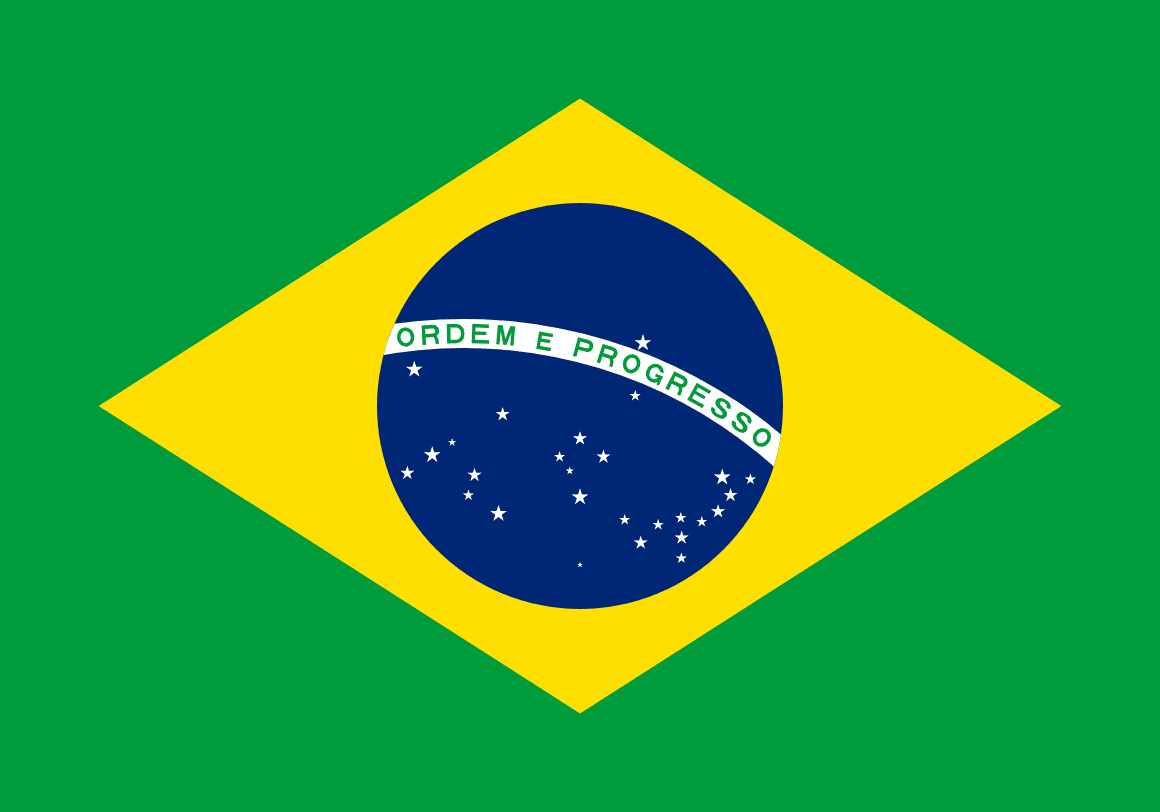
Significant labour rights violations were uncovered at the Pedreira farm in Minas Gerais, Brazil. The farm is owned by the family of Cooxupé president Carlos Augusto Rodrigues de Melo. Cooxupé is the world's largest coffee cooperative, and supplies major international brands like Starbucks and Nespresso. Workers at the Pedreira farm had up to 30% of their wages illegally deducted to pay for essential equipment, like portable coffee harvesting machines, which should legally have been provided by the employer free of charge. In 2021, an inspection revealed that 19 workers, who had migrated from the impoverished Jequitinhonha Valley, were affected by these illegal deductions. This violation occurred despite Cooxupé's substantial profits, which nearly doubled to $61 million in 2020 on revenues of $1 billion. The Melo family subsequently agreed to return the deducted wages and pay each worker 2,000 reais ($370) as compensation for moral damages. This incident is part of a broader issue of labour exploitation in Brazil's coffee industry. In 2020, 140 workers were rescued from slave-like conditions on coffee plantations in Minas Gerais.

The Colombian peace process left a power vacuum in rural areas formerly controlled by FARC, leading to increased deforestation and environmental damage due to the lack of government oversight. Criminal groups have exploited this situation by engaging in illegal timber trafficking, amongst other environmental crimes. The Colombian Ministry of the Environment estimates that 47% of the timber sold nationally is illegally sourced. A 2020 investigation also found irregularities in Colombian timber exports, including over-invoicing and under-invoicing to move value in and out of the country. Logging operations often occur in protected areas of the forest, despite licences indicating authorised zones. Overall, the illegal logging of timber in Colombia causes 10% of all deforestation. Another issue is that existing regulations are only weakly enforced. For instance, the environmental authority of Corpoamazonia, responsible for protecting forests in the southern departments, is understaffed, with just 30 officers overseeing an area the size of Ecuador. In addition, the Transport Handbook, a permit required for cutting and transporting timber in Colombia, is frequently falsified in order to launder illegal timber. Merchants exploit these permits as blank cheques to justify volumes logged in protected forests.

In Colombia's Guaviare department, the nomadic Indigenous tribe Nukak Maku is currently endangered by illegal palm oil plantations, coca cultivation, and cattle ranching . The tribe first made contact with the outside world in 1988, and since then, the incursion of external activities has pushed them to the brink of physical and cultural extinction. Indeed, despite their territory being an officially recognised Indigenous reservation, the Nukak have been losing their home to illicit activities. Deforestation and land grabs are driven by criminal groups and former settlers transforming the land for agricultural use. Illegal palm oil plantations have spread in the Guaviare region, encroaching on the reservation. In the past, the region was also heavily affected by armed conflict involving paramilitary groups and guerrillas, further displacing the Nukak people. Despite legal protections and court orders aimed at curbing deforestation and environmental crimes, enforcement has been weak, and illegal activities continue to threaten the Nukak's territory.

Mongabay reports on a case in Colombia's tropical Andes, where a group of farmers and villagers are resisting the construction of a large copper mine by international gold mining giant AngloGold Ashanti. The company has been working for over a decade to obtain a license to extract nearly 1.4 million metric tons of copper from the mountains surrounding the town of Jericó. Concerned about the impact of the mine on their underground water supply, the group blocked the company from performing the final environmental studies needed for its pending mining license. The company claims that the mine would bring in around $5 million in annual profit for the town and create at least 3,000 jobs. However, the town is sharply divided over the issue. Farmers fear their livelihood will vanish if the mine disrupts the water table. The area is predominantly agricultural and has never been a mining zone. The potential impact of the mine on the aquifer and the farmers' water sources isn't clear yet. The farmers and villagers have kept constant watch on the land rented by the company and have disrupted operations. As of mid-May, the legal process was still ongoing, with the town's police inspector in charge of mediation between the two sides. Despite the resistance, AngloGold Ashanti has invested millions of dollars in Jericó since it first launched the project in 2010.


The Environmental Crimes Financial Toolkit is developed by WWF and Themis, with support from the Climate Solutions Partnership (CSP). The CSP is a philanthropic collaboration between HSBC, WRI and WWF, with a global network of local partners, aiming at scaling up innovative nature-based solutions, and supporting the transition of the energy sector to renewables in Asia, by combining our resources, knowledge, and insight.